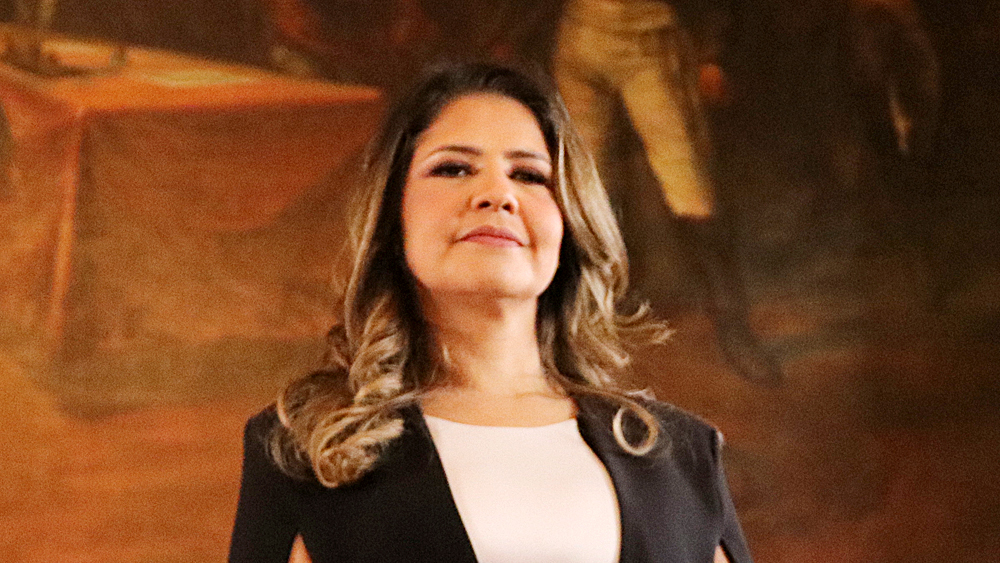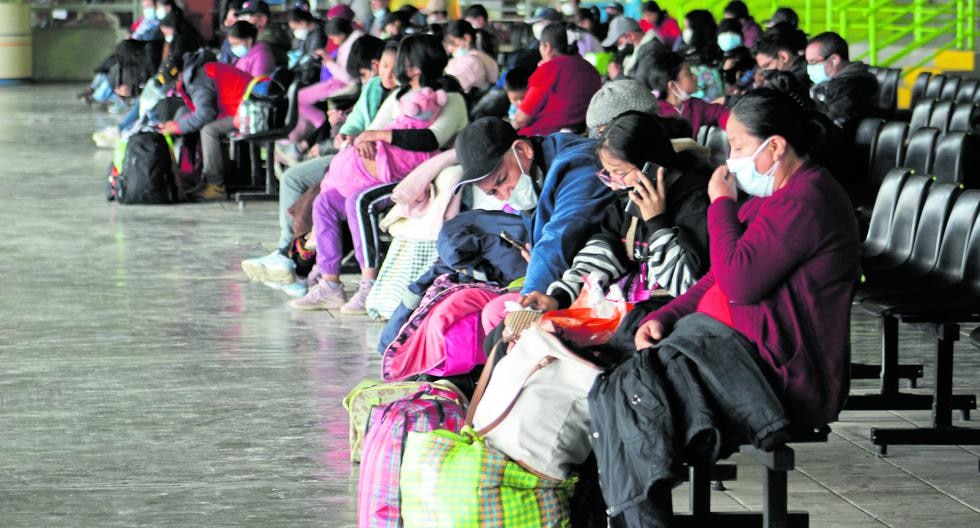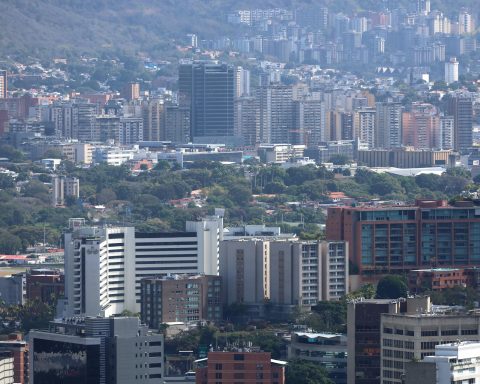Cecilia Pérez, who currently works as a Security Advisor to the Presidency of the Republic, explained that she entered the Judiciary as a public official at one point, then became a Public Defender, after which she resigned, went to the private sector and finally returned. in 2016 to the State offices as Vice Minister of Criminal Policy.
He stated that this was his reentry, in which they worked for what at that time was the penitentiary reform project. After that, she left with the change of government and a year later, when there was a change of minister, the new minister requested that Pérez return and that she rejoin to continue working on the aforementioned project.
“In this second round, that I returned to the ministry, that I already knew, that I already knew how everything worked, it was no longer so difficult. But yes, the place where I felt machismo the most was when I was deputy minister for the first time, ”he asserted.
She considers that this second time everything was more normal because they already knew her and she had already passed the test before, even though she did not come to be a minister.
“Then things led to the minister resigning, he had health problems, and that is how I stayed as minister. I am not the first female minister in that ministry, I am the fourth, but it is a ministry that was generally led by men, ”she declared.
He pointed out that said state portfolio has a system or a scheme, especially the penitentiary system or educational center in which it is like a vertical issue because they work on security schemes and they sometimes act as a third public force.
“It’s like entering a position where there is a “chain of command” and that it is linked to men, so it was not so easy from the beginning,” he said.
THE ANECDOTE
When the advisory minister worked in the Ministry of Criminal Policy, which at that time depended on the Center for Penitentiary Studies, courses on the use of weapons were given, she decided to go check if the students really went to the course, since she had to sign the certificate that was going to be issued, given that they had previously detected some irregularities, especially in the interior of the country, of people who issued certificates without being authorized to do so.
“I went to the Special Police Operations Force (FOPE). There they were training the use of firearms and I asked the police instructor to teach me how to shoot. I didn’t know how to shoot. He teaches me, shows me what I have to do and practical. And then an official, a penitentiary director told me: “Ajepa nde py’apy nde kuña” so I told him: So you can see that when I ask you for something and you don’t do it, I’m really going to shoot you. We all laughed,” he recalled.
He explained that the aforementioned ministry reports directly to the minister, there is no deputy minister, the deputy minister is superior in rank but is not “in the chain of command” and the deputy ministry of Criminal Policy is the one that designs penitentiary policy and in penitentiary centers is where it has to be executed. “I asked them or lowered the line of what they had to do and they didn’t do it. After the anecdote, they began to do “, he highlighted.
He explained that this shows that women necessarily have to prove in these areas that they can do the same as them so that they are respected and even in this case, they assume that they have guidelines or implications from a superior who is a woman.
“They told you yes but they didn’t do anything, that shows that probably because I was a woman they weren’t doing it, until I showed them that I could do the same as them, then they started doing what I asked them to do,” she concluded.

















